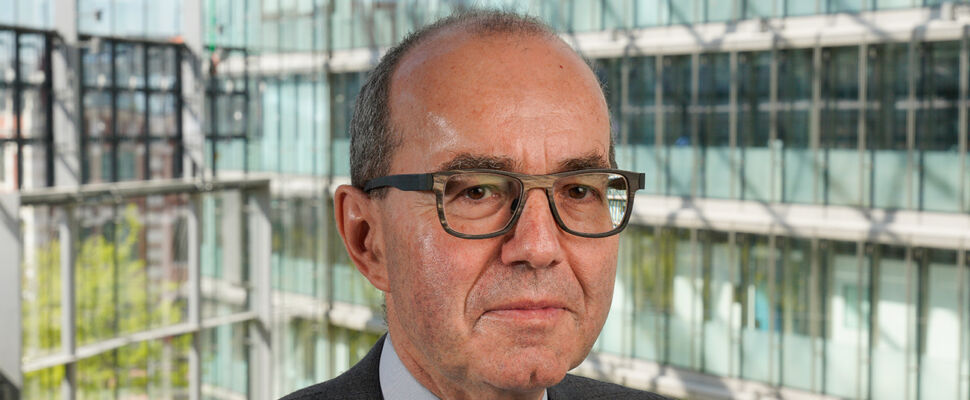After seven years at the helm of the pharma industry’s biggest global trade group, the International Federation of Pharmaceutical Manufacturers and Associations (IFPMA), Thomas Cueni is retiring. Having played a key role in coordinating innovative pharma’s successful response to the COVID-19 pandemic among other achievements, Cueni is passing the reins to new director general David Reddy, who will be tasked with ensuring a fair deal for industry within the WHO Pandemic Agreement.
‘A Big Impact’
Swiss former journalist and diplomat Cueni, a longtime PharmaBoardroom contributor and director general of the IFPMA since 2017, is retiring in April and being replaced by David Reddy, currently CEO of Medicines for Malaria Ventures (MMV). Reddy is a scientist with a 30-plus year track record in the development and commercialization of medicines as well as experience in liaising with governments, international organizations, NGOs, and patient advocacy groups.
Reddy will work alongside the rotating cast of key industry figures that make up the IFPMA board. Pfizer CEO Albert Bourla currently serves as president, having taken over from Jean-Christophe Tellier, CEO and chairman of UCB last year. Roche CEO Thomas Schinecker and Sunao Manabe of Daiichi Sankyo are co-VPs.
In an IFPMA press release, Bourla said “It has been an absolute pleasure working with Thomas, who has made a big impact during his tenure at IFPMA and the Biopharmaceutical CEO Roundtable (BCR) with initiatives such as Access Accelerated, the successful creation of the AMR Action Fund, and most recently the Berlin Declaration, the industry’s commitment to more equitable rollout of medical countermeasures in a future pandemic.”
Reddy added, “Looking at what Thomas and IFPMA have achieved over the last seven years, in particular in rising to the challenge of COVID-19, on antimicrobial resistance, and with the Berlin Declaration laying out the industry’s vision for equitable access in a pandemic, I am confident that we can continue this work for the benefit of patients everywhere.”
The global innovative industry’s response to the COVID-19 pandemic will almost certainly be looked back on as the most significant period of Cueni’s tenure. Speaking at the time, Cueni called the pandemic “the biggest global health emergency in a century,” but thanks to inter-stakeholder collaboration and the pioneering role of his industry, effective vaccines and therapeutics against the virus were eventually rolled out around the world.
The Pandemic Agreement
One of the weightier dossiers Cueni has left for his successor is striking a good deal for the industry within the WHO pandemic agreement, a draft of which he called “a step backwards rather than forwards.”
The bone of contention for industry appears to be article 12 in the current draft, which proposes that manufacturers pay an annual subscription fee to a yet-to-be-formed World Health Organization (WHO) Pathogen Access and Benefit-Sharing (PABS) System. In exchange, they would have “rapid, systematic and timely access to biological materials of pathogens with pandemic potential and the genetic sequence data (GSD) for such pathogens”.
Moreover, article 12 aims for companies to make “real-time contributions of relevant diagnostics, therapeutics or vaccines” with 10 percent free and 10 percent at below-profit prices during pandemics and public health emergencies.
“Conditions, uncertainties, and negotiations surrounding pathogen access will cause delays in the developing medical countermeasures, leading to significant public health consequences, including loss of lives and unnecessary economic pressures. In the COVID-19 pandemic context, even a one-month delay could have meant an extra 400,000 lives lost,” Cueni said in opposition.
The IFPMA together with other industry groups, including BIO, EFPIA, and PhRMA published a statement with proposed measures to deliver equitable access before and during pandemics such as improving surveillance, research on pathogens with pandemic potential, voluntary licensing and technology transfer based on “mutually agreed terms to improve geographic diversity of manufacturing,” as well as equity-based tiered pricing.
“With a final draft of a pandemic agreement now published, negotiators should redouble their efforts to find consensus as there is still much work to be done before an agreement can be reached,” Cueni argued.



